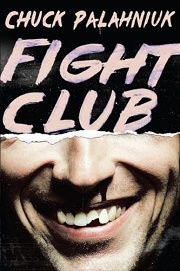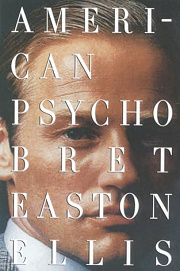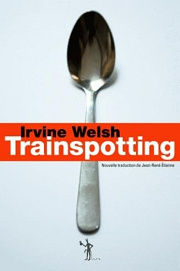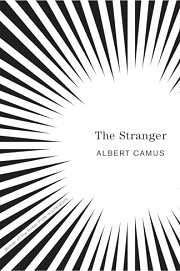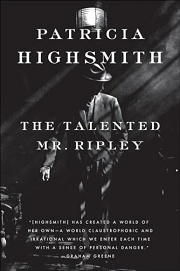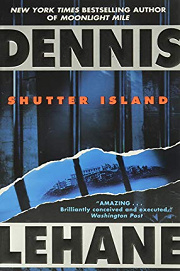Share your thoughts in a quick Shelf Talk!
Fight Club by Chuck Palahniuk
An insomniac office worker meets a charismatic stranger and tumbles into an underground movement that makes pain feel like purpose. As the rules grow harsher, rebellion turns into something far more unsettling. Fight Club is a dark, propulsive ride through identity, consumer culture, and the cost of wanting to feel alive.
Have you read this book? Share what you liked (or didn’t), and we’ll use your answers to recommend your next favorite read!
Love Fight Club but not sure what to read next?
These picks are popular with readers who enjoyed this book. Complete a quick Shelf Talk to get recommendations made just for you! Warning: possible spoilers for Fight Club below.
In Fight Club, did you enjoy ...
... an unreliable, satirical first-person voice skewering consumer culture and masculinity?
American Psycho by Bret Easton Ellis
If you were hooked by the unnamed narrator’s shaky grip on reality and the anti-consumerist sneer running through Fight Club—from the IKEA “nesting instinct” to Project Mayhem’s corporate pranks—American Psycho turns that dial to eleven. Patrick Bateman’s painstaking brand-name monologues mirror the narrator’s catalog-like life, while his possibly hallucinatory violence blurs truth and performance the way Tyler Durden does. You’ll get the same queasy mix of confession, status obsession, and reality slippage—only sharper, colder, and even more vicious.
... pitch-black comedy that turns self-destruction and rebellion into savage satire?
Trainspotting by Irvine Welsh
If you laughed (and winced) at the lye-chemical kiss, the liposuction-soap caper, and the rule-bending chaos that spirals into Project Mayhem, Trainspotting delivers that same grenade of black laughter and despair. Renton, Sick Boy, and Begbie plunge through scams, fights, and ghastly set pieces (hello, “Worst Toilet in Scotland”) with a gleeful nihilism that echoes the basement brawls and anti-establishment stunts of Fight Club, all while skewering the systems that pretend to give life meaning.
... existential detachment and moral provocation that forces you to question meaning?
The Stranger by Albert Camus
If Fight Club’s existential pulse—“It’s only after we’ve lost everything that we’re free to do anything”—stuck with you, The Stranger is the pure, chilling distillate. Meursault’s flat, affectless narration, the beach shooting, and the trial’s fixation on his inner void mirror the book’s fascination with meaning stripped to the bone. Where the narrator and Tyler try to manufacture purpose through destruction and ritual, Camus confronts you with the blankness itself—and dares you to look.
... an intimate plunge into a charismatic, amoral mind reinventing itself?
The Talented Mr. Ripley by Patricia Highsmith
If the duality of the narrator and Tyler—the lure of shedding your old self to become someone bolder—fascinated you, meet Tom Ripley. Watching Tom study Dickie Greenleaf, then slip into his life after that tense boat scene, offers the same intimate, unnerving access to a mind that rationalizes transgression. Like Fight Club’s basement rites and soap-slick schemes, Ripley’s improvisations are audacious, elegant, and chillingly convincing.
... a reality-warping identity reveal that reframes everything you’ve read?
Shutter Island by Dennis Lehane
If the late shock about Tyler Durden made you re-map every scene—the support groups, the fights, Project Mayhem—Shutter Island is engineered for that same gasp. U.S. Marshal Teddy Daniels hunts a vanished patient across storm-lashed Ashecliffe, following clues that knot tighter with each step to the lighthouse. When the truth breaks, it doesn’t just twist the plot; it rewires your understanding of identity and memory, just like Fight Club’s reveal does.
Unlock your personalized book recommendations! Just take a quick Shelf Talk for Fight Club by Chuck Palahniuk. It’s only a few questions and takes less than a minute.
